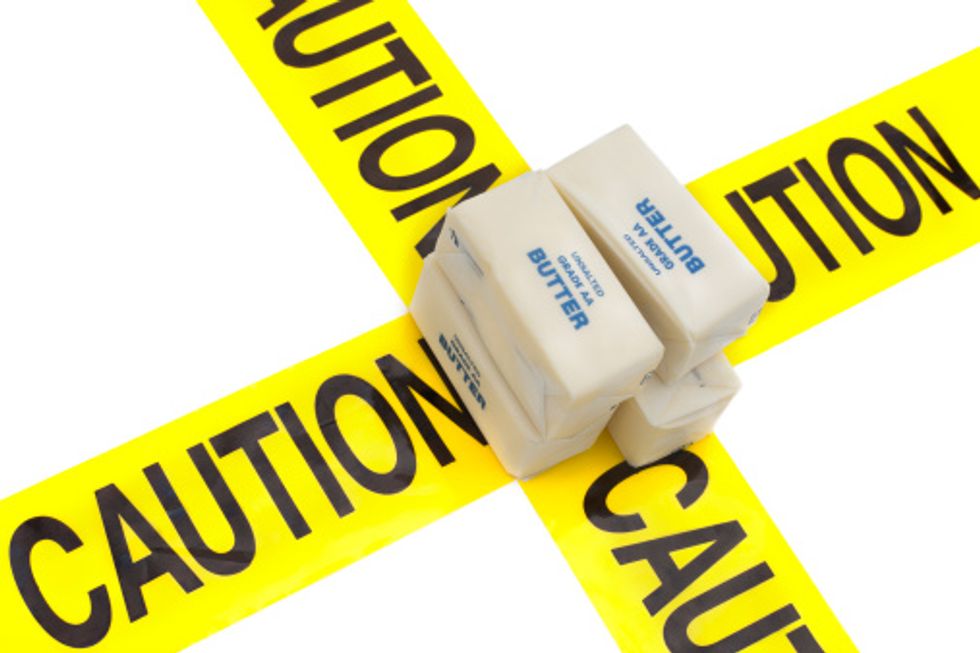
MORE: Treating Post-Traumatic Stress Disorder
I recently spent some time with my elderly dad (for an unrelated cause) at a hospital on Long Island, close to one of the towns that suffered some of the most devastating effects of the destructive storm. Still evident were downed power lines and trees; utility trucks bearing out of town license plates and weary-looking staff rolled down the streets. The hospital - on any given day a very busy place - was filled to, and beyond, capacity, especially since a nearby hospital remained closed since the night the storm hit. Inside, the emergency room overflowed with needy patients. Outside, one of the government's agency, Health & Human Services, had tents set up for additional triage services to handle the overflow of people.
MORE: When to Go to the Emergency Room
It occurred to me that the overcrowding of many hospitals would not be relegated to just the few weeks following the hurricane but for an indefinite amount of time. Many health problems would surface, resulting from mishaps like spoiled food and more.
Let's hope that there will not be another storm of this magnitude for a long, long while - if ever - but who really can guarantee that? Although it's been over two weeks since the storm hit, there are still many people without power.
Keeping food safe when you lose power:
Keep refrigerator and freezer doors closed as much as possible to maintain cold temperatures.
Facts: A refrigerator, if unopened, will keep food cold for about four hours. A full freezer, if unopened, will keep the temperature for about 48 hours; if it's half-full, for 24 hours.
If you anticipate the power will be out for a prolonged period, buy dry or blocked ice to keep it cold. Fifty pounds should keep a fully stocked 18-cubic foot freezer cold for about two days.
If you plan on eating meat, poultry, fish or eggs that have been refrigerated or frozen, make sure to thoroughly cook each item to the proper temperature to eliminate any possible food-borne bacteria. Warning: Discard any food stored at a temperature above 40 degrees Fahrenheit for two or more hours.
Wash all fruits and vegetables - with water from a safe source - before consuming. If you have an infant that drinks formula, try to use prepared, canned formulas that do not require adding water. If you do use concentrated or powdered formulas, use bottled water to prepare in case the local water supply is potentially contaminated.
MORE: The Top 2 Ways to Improve Digestion
How to determine food safety once power is restored:
If you have an appliance thermometer that remained in the refrigerator, check it: if it reads 40 degrees F or below, the food is safe and may be refrozen.
Don't rely on the food's appearance or odor: If a thermometer was not in the refrigerator, check each package to determine its safety. If the food has ice crystals or measures 40 degrees F. or below, then it's safe to cook or refreeze.
Discard perishable food like milk, poultry, fish, eggs or leftovers that were stored at above 40 degrees F. for two hours or more.
When a Hurricane Plays Havoc with Your Power: How to Safeguard Your Food and Your Health
Nov 21, 2012
Jul 05, 2020
